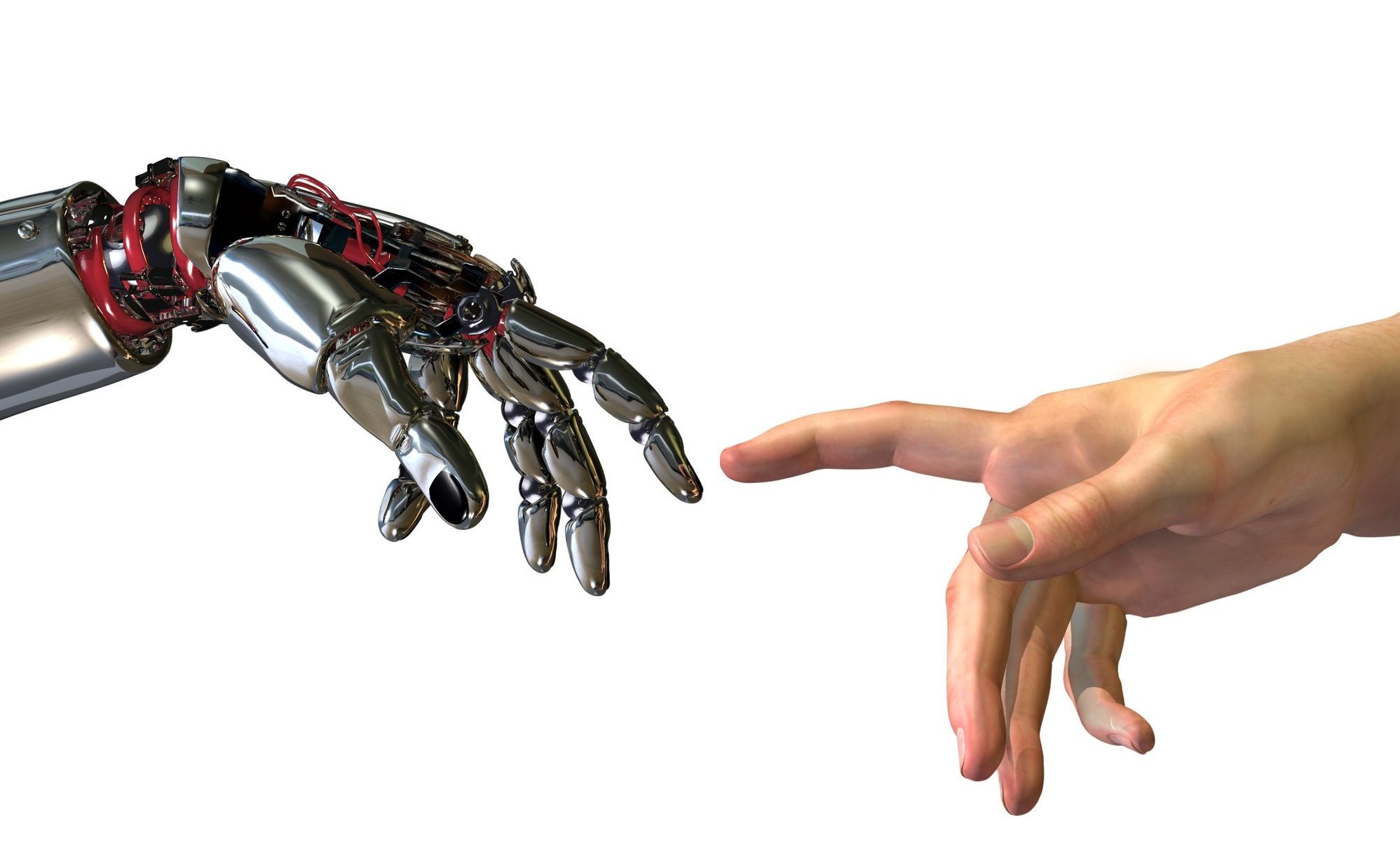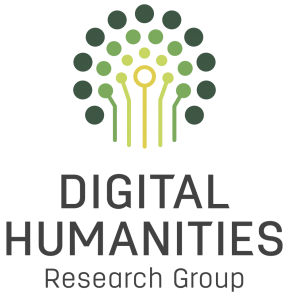Western Sydney University
Thursday 8 November 2018: WSU Parramatta South
Friday 9 November: WSU Parramatta City
Registration now open! (opens in new tab)
Interdisciplinary Workshop on
Robots & AI in Society
Socio-psychological, cultural-economic, and ethico-political aspects of living with artificial autonomous agents
The workshop is held in conjunction with the 18th ACM International Conference on Intelligent Virtual Agents.
https://iva2018.westernsydney.edu.au/
Humanities and social sciences: the responsibility of being future-ready
Autonomous agents and artificial intelligences promise to soon play a central role in our lives: not only will they assist us as social companions and co-workers, but they will also stimulate deep cultural and political transformations in our civilization. Artificial agents and AIs will monitor and control both productive systems and social relationships through large-scale simulations and powerful algorithms endowed with unprecedented capabilities of adaptive learning and data retrieval. By supervising critical decisional processes, these algorithms will redefine the human social practices, lifestyles, and perception of values in both the public and the private sphere. With the increasing complexity of social robots and other kinds of autonomous artificial agents (for example digital avatars and virtual agents), increases the need for an informed debate on their long-term impact in the psychological, socio-cultural, moral, and political domains. Our workshop aims to critically discuss both the opportunities and the challenges offered by disruptive technologies involving autonomous artificial agents, anticipating the deep transformation that they will bring to our forms of life and the way we participate in the community.
Contents and structure of the workshop
The purpose of the workshop is to envision our technological future from a humanities & social sciences perspective. One of the aims of the workshop is to solicit a debate on the kinds of skills and competences that the university of the future will have to offer to the new generations of cognitive workers. This debate aspires to inform the efforts made by public policy experts and decision makers to innovate tertiary education and research. To this effect, the workshop will feature interdisciplinary panel discussions with roboticists, computer scientists, HRI experts, social psychologists, cognitive scientists, and ethicists. The keynote speakers will critically address key issues associated with service robots and intelligent systems in society. The sessions dedicated to invited papers will present the intellectual contributions of researchers working in digital humanities, cultural robotics, sociology of technology, philosophy and theory of AI, and the other areas of the social sciences related to digital technology and synthetic methods. One of the sessions will be dedicated to “Virtuous robots: artificial agents and the good life”. The original papers contributed to this session will be considered for publication in a special issue of the International Journal of Social Robotics with the same title.
The sessions dedicated to submitted abstracts will cover a broad range of topics that include, but are not limited to:
- The last human job: technological unemployment and basic income
- Labor re-qualification and intellectual work in the age of Industry 4.0: the role of the Digital Humanities
- Beyond the Big Brother: big data, machine learning, privacy, intrusive algorithms, and cyber security
- Programming, training, experiencing: potential and limitations of deep learning systems
- Biased algorithms and public policy: civil rights and social justice in the age of AI
- Robo-republic: collective participation vs automated decisional processes
- Digitally augmented democracy: E-government and citizens-institutions communication
- To assist and protect: smart cities, assistive technological, and automation in welfare and public services
- Technological hedonism and utilitarian utopias: mapping satisfaction and values through social credit systems and robot happiness
- Moral consideration for robots: rights, recognition, attachment, and anthropomorphism in human-robot interaction
- Slaves or social companions? Trust, autonomy, and ownership of artificial agents
- Digital identities: delocalisation, portability, pseudonymity, and ownership of distributed cognitive processes
- Autonomous moral agents and unmanned vehicles: moral responsibilities and legal accountability
- Liberty vs responsibility: freedom to design, customise, and train robots
- Professional codes of conduct for robots: autonomous moral agents and ethical decision at home and in the workplace
- Towards an enactive approach to social robotics: interactionism, embodiment, coupling, and dynamical systems theory

